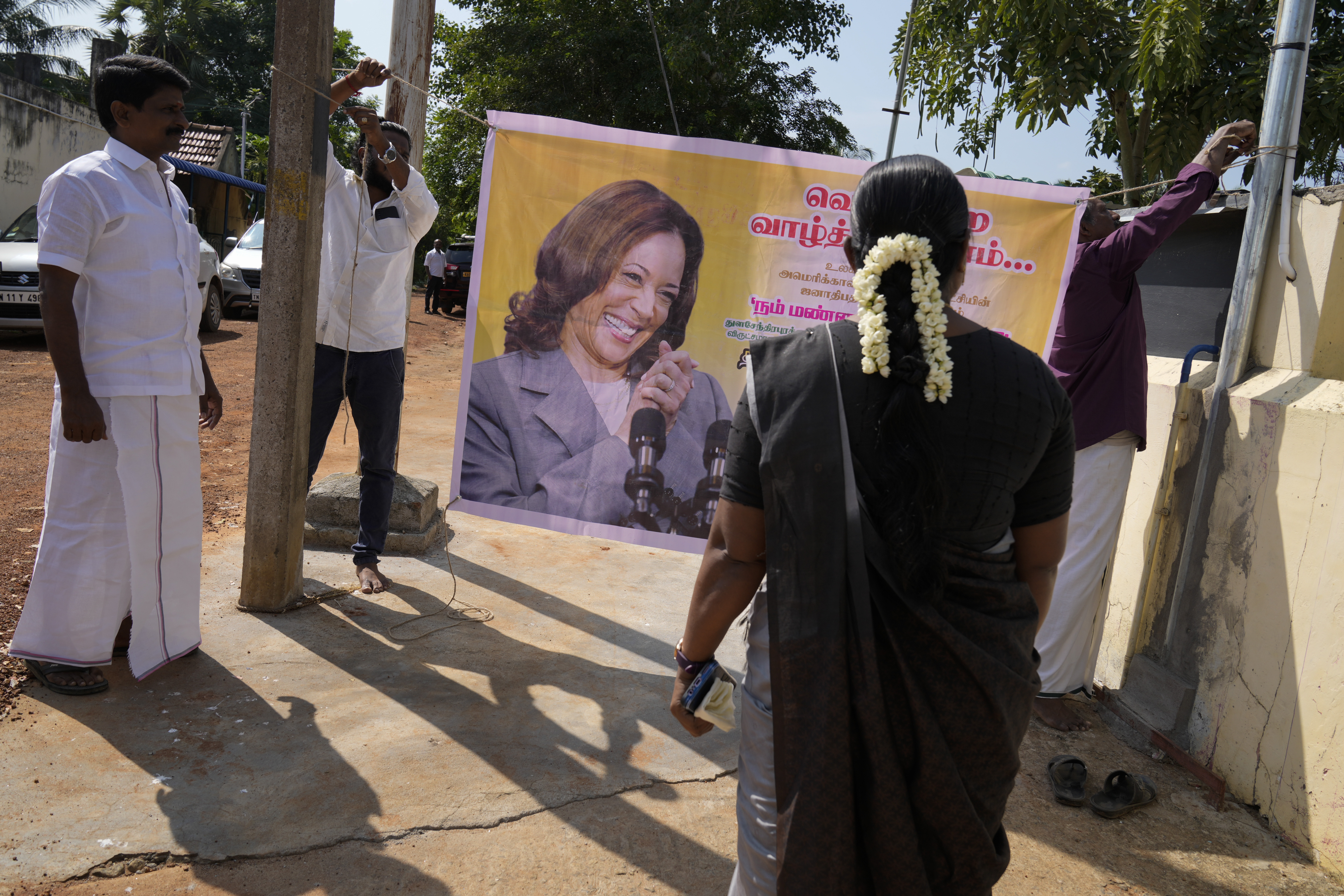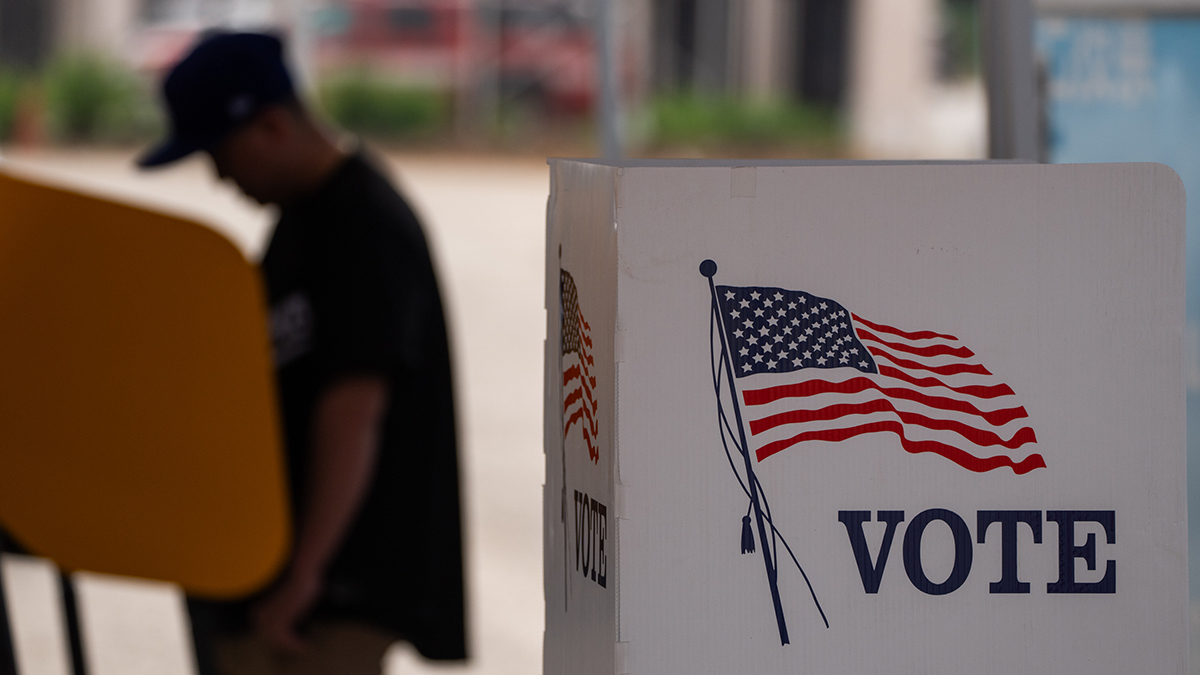
Be prepared for whatever life throws your way. That's the motto scout leader Evan Gilder tries to live by.
Before he set out with 10 scouts from New York and New Jersey on a backpacking trip through the New Mexico wilderness this summer, he was trained and ready for any medical emergencies that he thought might surface.
Gilder said he's has been CPR certified for the 14 years he has been a scout leader, but had never had to perform the procedure before.
He did not expect that on July 11, that would change — at 30,000 feet in the air.
During a Southwest Airlines flight from New Mexico to New York after the 100-mile backpacking trek, a flight attendant asked if there were any medical professionals on board.
Though a doctor and two nurse practitioners — one of whom was traveling with the troop — volunteered, it wasn’t long before Gilder said he was called upon for help, too.
A passenger at the front of the plane was in cardiac arrest, and the scout leader said it became clear to the professionals giving him CPR that more manpower would be needed to keep his heart beating until the plane could make an emergency landing.
U.S. & World
Gilder enlisted two scouts from his troop.
CPR, a procedure consisting of forceful chest compressions, is so tiring that a person can perform it only for a few minutes at a time.
Feeling out of the loop? We'll catch you up on the Chicago news you need to know. Sign up for the weekly Chicago Catch-Up newsletter.
The scouts, Gilder and the professionals, made a four-person line and took turns doing compressions on the passenger’s chest, he said. With the passenger’s family looking on from the front row, the team went through the airplane’s medical kit exhausting possible treatments that could help.
They collected EpiPens — containing a small dosage of Epinephrine usually used for allergic reactions — to try to help restart the passenger’s heart.
For more than 40 minutes, the team performed CPR in the hopes of restarting the man’s heart, Gilder said. As the plane began an emergency descent on Pittsburgh, the flight crew asked the volunteers to sit down and buckle in for landing.
One of the doctors, Gilder said, gently told the flight attendant that if they did, the passenger would surely die. Improvising, they compromised and moved the patient to a row of seats where the CPR line buckled in, performing compressions from their seats.
Just before touchdown, they detected a pulse. The passenger’s heart was beating on its own, at last.
EMTs took over and rushed the man to a hospital once the plane landed.
The family, who were all sitting in the front row and watched the emergency play out, reached out to one of the doctors in the days after to thank them, saying the passenger was stabilized and sedated, Gilder said.
“People often ask me what scouting is all about and my answer is always the same: To Be Prepared for what life throws our way,” Gilder wrote in an essay titled ‘A Story of Pikuach Nefesh (Saving a Life),’ which he circulated to acquaintances and friends.
The scouts are affiliated with the National Jewish Scouting Committee. One of the youths who assisted with CPR is an Eagle Scout — the highest Scout rank attainable — and the other will be named an Eagle Scout next week, Gilder said.
In a statement, Southwest thanked the scouts for their help.
“We thank the scouts for volunteering, along with the medical professionals traveling on the flight,” a spokesperson wrote.
Immediately after the patient was taken off the plane, Gilder and the scouts thanked other passengers on board who contributed EpiPens (which can cost hundreds of dollars), moved seats to aid the effort, or simply had their flights delayed.
The scout leader said they did not know what would come of their efforts, or whether the man would survive — but they knew that without the plane’s efforts, the outcome would have been a certain tragedy.
“We did what we needed to do,” Gilder said. “That guy has a chance, he’s breathing, he has a heart that’s beating.”
This story first appeared on NBCNews.com. More from NBC News:



